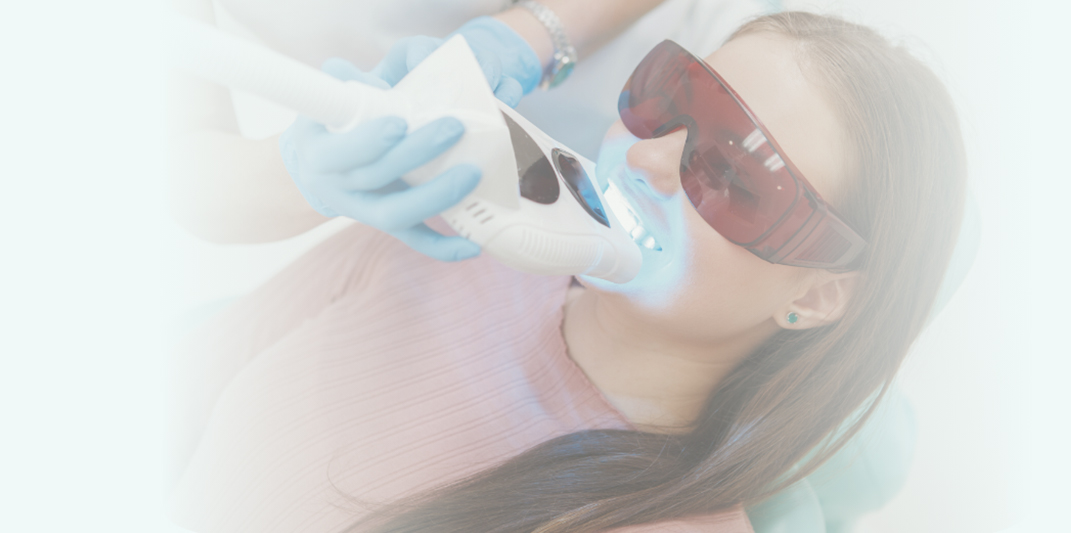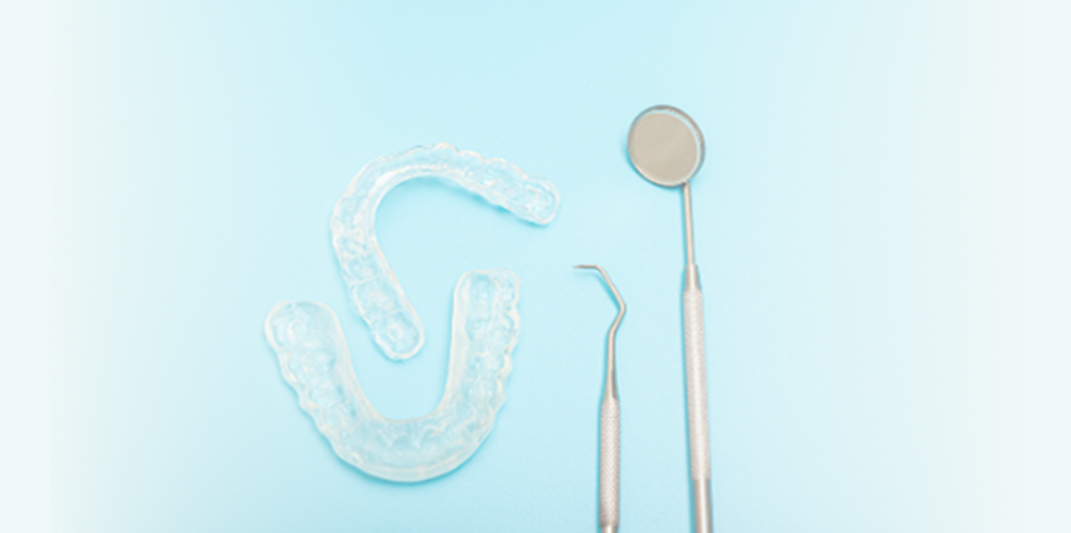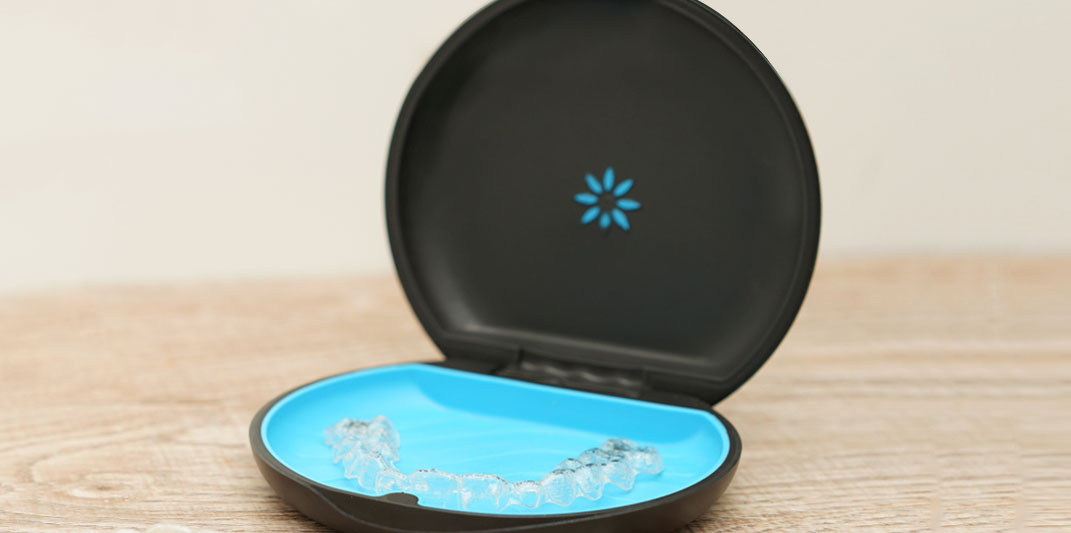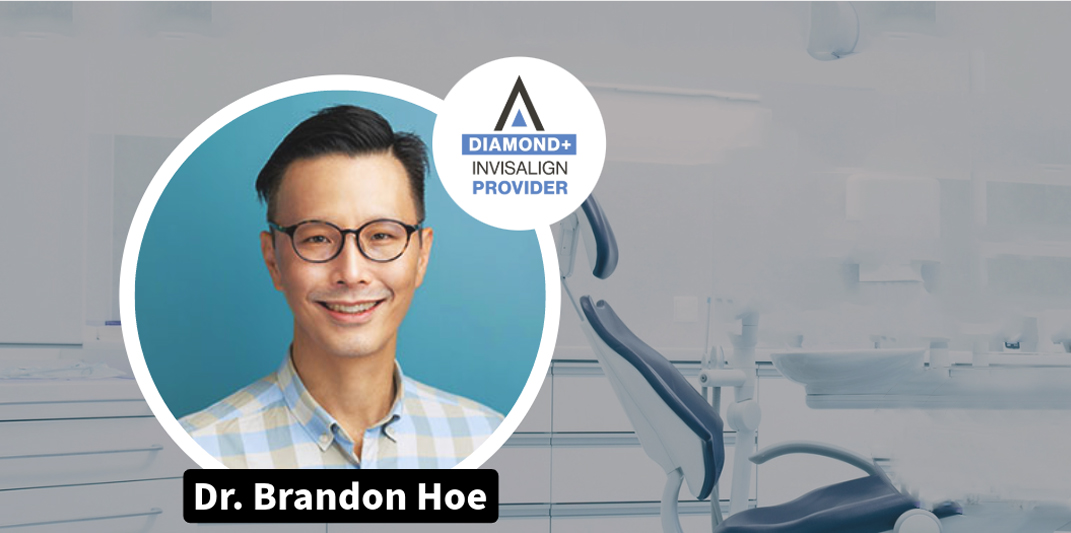Home Sleep Study
What is a Sleep Study?
A sleep study, also called polysomnography is a test performed to diagnose sleep disorders. It monitors your sleep patterns by recording your breathing rate, heart rate, the level of oxygen in your blood, and the movement of your eyes, hands and legs during sleep. The results of the test help your doctor devise treatment methods to cure the underlying disorder.
What is a Home Sleep Study?
Normally, a sleep study is performed in the sleep disorder unit of a hospital called a sleep lab. You can have the study performed at your home if your doctor finds you meet the criteria to do so.
You will receive the home sleep study equipment as well as instructions on how to set it up. The equipment is returned once the study is complete. The results of the test will be studied by a sleep specialist who will prepare a report for your doctor. Based on the results, an appropriate treatment option is suggested to manage the underlying sleep disorder.
A home sleep study costs less than a regular sleep study and is covered by most insurances.
When is a Home Sleep Study Recommended?
A home sleep study is often recommended to diagnose sleep disorders such as Obstructive Sleep Apnea(OSA). It is ideal for:
- People with a busy schedule
- Ill patients
- Elderly patients
- Those uncomfortable with spending the night in a lab
What is Obstructive Sleep Apnea (OSA)
Obstructive sleep apnea is a disorder characterized by repeated pauses in your breathing during sleep. Relaxed muscles in the back of the throat block the airway and disrupt normal breathing while you are asleep.
Causes of OSA
Obstructive sleep apnea is caused when muscles in the throat that control the uvula, tongue, tonsils and palate become relaxed narrowing the space for air to flow. You may snore or make snorting or choking sounds. The abnormal breathing is detected by your brain which tries to correct it by briefly waking you from sleep to breathe normally. Many patients do not remember the difficulty they experience during sleep.
Symptoms of OSA
Obstructive sleep apnea may be associated with:
- Loud snoring and making snorting or gasping sounds
- Feeling choked during sleep
- Feeling drowsy during the day
- Headache on waking up in the morning
- Sweating and dry mouth during the night
- Depression, change in mood and decreased concentration at work
- Awakening often during the night
- Increase in blood pressure
If you are experiencing these symptoms, talk to your doctor to find out if a home sleep study is right for you.
Precautions for a Home Sleep Study
You will need to follow these precautions if you are performing a sleep study at home:
- Avoid drinks containing caffeine after lunch
- Avoid naps during the day
- Complete all your tasks of the day as usual
- Do not smoke while performing the study
- Talk to your doctor if you are taking any medicines
- Avoid alcohol consumption
Procedure for Home Sleep Study
You will be instructed on how to set up the equipment. A demonstration video may be provided. The equipment has sensors to measure your sleep patterns. The basic steps for the setup involve:
- Placing a belt around the upper chest region that is connected to a monitor
- Attaching a clip to your finger to measure the saturation of blood oxygen
- Attaching a sensor below your nose to detect airflow
- Switching on the monitor and going to sleep
Complications of Home Sleep Study
No associated complications for a home sleep study have been reported. Some patients may experience mild irritation of the skin due to the attachment of the sensors.











